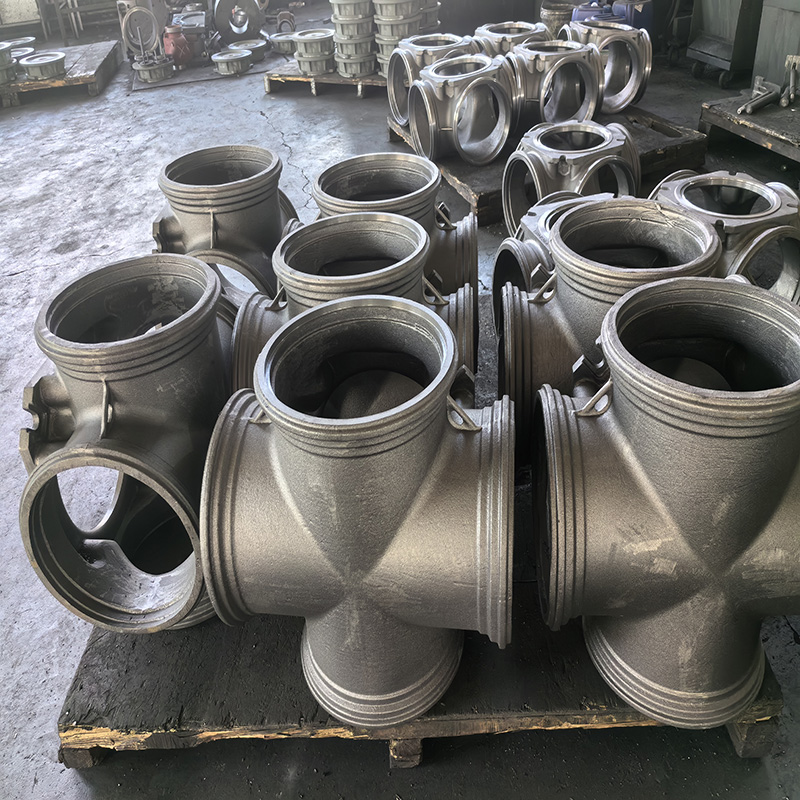Blog
Are Cast Steel Valves Better Than Cast Iron Valves?
Cast iron valves and cast steel valves differ significantly in terms of material properties, corrosion resistance, applications,and cost.The following sections provide a detailed comparison:1. Material Properties
Cast iron valves offer high density but relatively low strength, resulting in limited tensile and impact resistance.
In contrast, cast steel valves provide stable mechanical properties and high pressure-bearing capacity, making them more durable and suitable for demanding environments.
2. Corrosion Resistance
Cast steel valves generally exhibit superior corrosion resistance compared to cast iron valves, especially in aggressive media such as chemicals and high-temperature fluids.
3. Applications
Cast iron valves are commonly used in low-pressure applications such as residential water systems, septic tanks, and stormwater drainage.
Cast steel valves are preferred in industrial settings including chemical processing, power generation, petroleum refining, and steel manufacturing due to their robustness and reliability under high pressure and temperature.
4. Price
Due to differences in raw material costs and manufacturing processes, cast iron valves are generally more affordable than cast steel valves. However, the choice should be based on application requirements rather than cost alone to ensure long-term performance and safety.

CATEGORIES
LATEST NEWS
CONTACT US
Name: John Yu
Mobile:+86 15941574876
Tel:+86 15941574876
Whatsapp:+86 15941574876
Email:john_yu@metals-casting.com
Add:Wangjiapu Group, Xinan Village, Qianyang Town, Donggang City, Dandong City, Liaoning Province, China.
